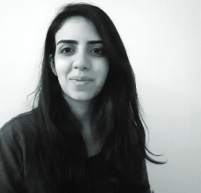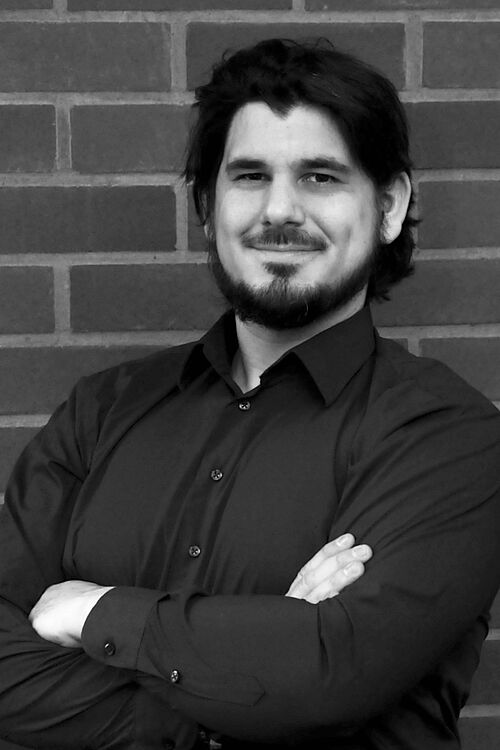Junior Research Group Leader
Kolja Meyer is a child of the federal state of Lower Saxony. Growing up in the Hannover Region, he studied mechanical engineering with a focus on production engineering at the Leibniz Universität Hannover and earned his bachelor’s degree in 2013 and his master’s degree in 2015. Subsequently to his studies, he held the position of a research assistant at the Institute for Production Engineering and Machine Tools (IFW) at the Leibniz Universität Hannover. His research focused the interaction between the manufacturing process deep rolling and the surface integrity of metallic materials and their influence on the use behavior. He additionally used these technologies for the optimization of process chains for the manufacturing of drivetrain components which enabled weight reduction in the parts and substitution of energy intensive heat treatments. His research lead to the successful defense of his PhD dissertation “Lastangepasste Randzonenfunktionalisierung – Load-adjusted surface integrity” in July 2021.
Since March 2021, Kolja leads the Junior Research Group “Urban Flows and Production” at the TU Braunschweig which investigates the relationship between Urban Factories and their environment. The research focuses on the development of sustainable methods for the manufacturing of products and the symbiotic use of material and immaterial urban flows.
Research associate

Grace Abou Jaoude is a research associate at the Institute for Sustainable Urbanism. She received her master’s degree in urbanism from TU Delft where her thesis focused on the spatial implications of automation on the Dutch horticulture sector. She was part of the Automated Landscapes project research team at Het Nieuwe Instituut in Rotterdam. Grace also holds a bachelor’s degree in landscape design from the American University of Beirut and has previously worked at the Kuwait Institute for Scientific Research.
As part of the junior research group, Grace’s work focuses on the ways in which policies and planning can support the integration of urban manufacturing in cities. Her research also addresses the modelling and analysis of urban areas to identify synergies that could lead to resource efficiencies and sustainable regions.
Research associate

Severin Görgens grew up in the Lower Rhine region. His bachelor's and master's degrees in industrial engineering were earned at the University of Duisburg-Essen. He deepened his studies in the areas of international management and manufacturing technologies. The international orientation of his studies was underpinned by his participation in a Study Abroad Program at Chung Ang University in Seoul, South Korea. In the field of mechanical engineering, he deepened his knowledge through practical experience at the Chair of Manufacturing Technology at the University of Duisburg-Essen in the area of LPBF-LB/M processes. In this field he participated in research as a student assistant and in the process of his master thesis. With a strong focus on interdisciplinary work throughout his studies and volunteer activities, he joined the Junior Research Group in September 2021.
Since most people live in cities and use products that produce waste there, there is an opportunity in this environment to stimulate more sustainable living through a closer symbiosis of cities and production. Since a large part of the world's GDP is generated in cities and at the same time a large part of the waste is generated there, this urban environment offers opportunities to make an economic and ecological impact.
Severin focuses on the products and production systems suitable for urban production. To realize sustainable urban production, we need to use urban flows, minimize environmental impact and work with modern and universal standards - digital and analog. He looks at these urban production systems from a technical perspective.